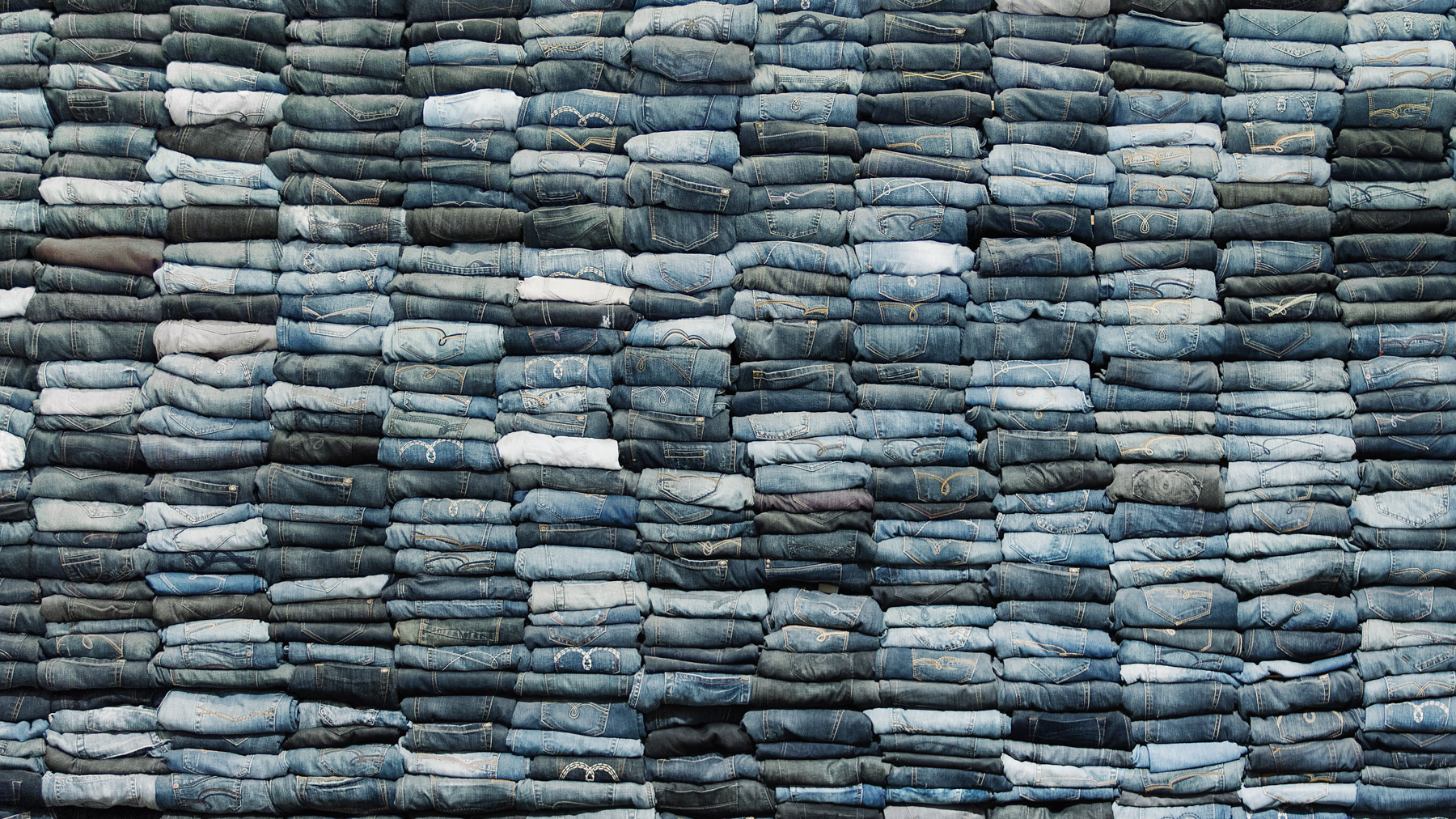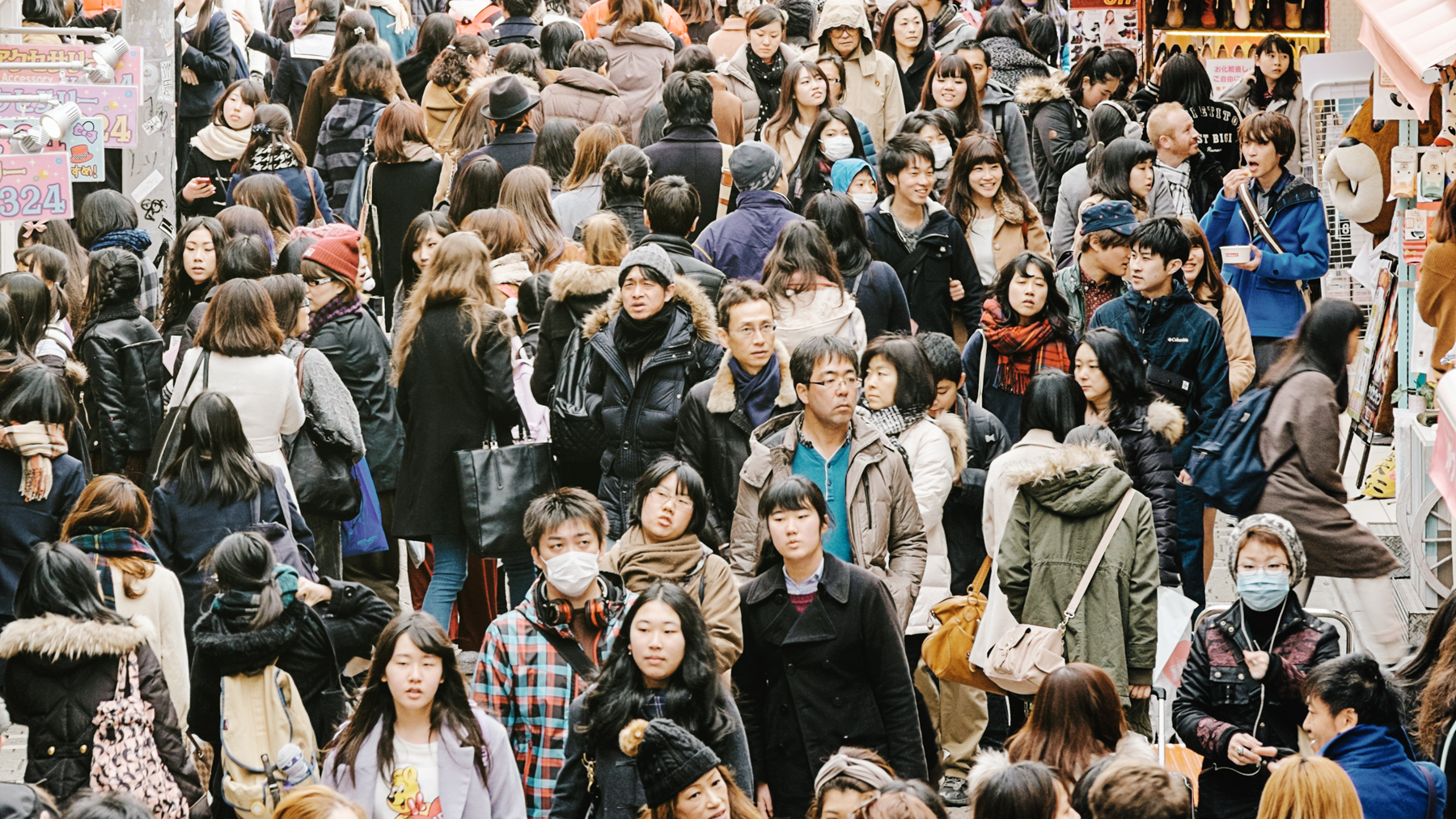In recent decades, as incomes have risen around the world, the burgeoning middle class has powered global economic growth driven by consumption. With this increase in consumption, however, came an even greater amount of waste – something that has exacerbated the global climate crisis.
So, when the coronavirus pandemic abruptly shut down borders and businesses and forced many people to stay at home, some experts speculated that this monumental event could potentially result in a complete reconsideration of how people consume. So, when the post-pandemic period begins, will people consume smarter? What does the future of consumption look like and how does sustainability factor in?

Mixed signals
Some experts are cautiously optimistic about the effect the pandemic might have on the future of consumption.
“The pandemic opened people’s eyes to how we consume in our daily lives. I think it took something of this scale for people to realise the way we’re currently living: always in a rush. We didn’t stop to think if we’re doing the right thing, we didn’t question it – we just lived the way society lives,” says Larissa Copello, Consumption & Production Campaigner at Zero Waste Europe. “So, this pandemic could be a good opportunity to start questioning how we live and why we live like this, is it sustainable? What is the impact we are making on the environment, or to our own health? How we can change and live more sustainable lives.”
Kes McCormick, Associate Professor at the International Institute for Industrial Environmental Economics (IIIEE) at Lund University, thinks the pandemic has shown that consumption patterns can be shifted very quickly:
“For example, do I really need to fly to Brussels for a one-day meeting? Or can the meeting be held effectively online? The pandemic has meant that almost all business meetings and events have shifted to the virtual world. While we certainly want to continue to meet in person, it is also very clear that we can greatly increase our use of online services,” McCormick says.
Although there are some encouraging signs in some parts of the world that consumption patterns will be reset, Carsten Beck, futurist and expert on consumer trends at the Copenhagen Institute for Future Studies, has doubts that smarter consumption will happen just because of the current crisis. He anticipates that globally, extra demand will increase from East and South Asia as the middle class there grows. If this prediction holds true, overall consumption may not change significantly. Beck says the need to focus on smarter consumption remains, regardless of whether overall volume falls.
Shifting patterns of consumption and production
One thing that the experts agree on is that if the world is to meet the UN’s Agenda 2030 Sustainable Development Goals (SDGs) then consumption patterns and levels need to shift considerably – and that it’s time to reconsider these patterns in high-income countries where over-consumption has long been an issue.
Ultimately, consumers make their own decisions about what to buy. But consuming consciously is often a daunting task. This is especially true if consumers don’t have the information needed to determine the sustainability of their choices.
“For there to be consumer awareness, information is key. Consumers need to be given access to information so they can make informed choices, and not just make decisions based on a cultural or societal paradigm,” Copello says.
This means that it’s not always the consumers who need to be pushing for companies to change but rather vice versa. Beck suggests that companies should be motivated to offer convenient, easy to understand and sustainable solutions to consumers.
“I think the supply side is going to be extremely important going forward. And the supply side is not only about better and smarter solutions from companies, but also about the political will to change things. Obviously the world is, to put it mildly, a little chaotic right now, so the political will is going to be different in different parts of the world,” Beck says.
Systematic changes are needed if we are to get the necessary processes in place that will cater to circularity and to reducing emissions. Most of the systems that are necessary require collaboration between companies, according to Beck. Moreover, many companies in the EU are willing to speed up change, but they don’t have the necessary systems or regulations in place.
“I work a lot with Ikea and if we’re talking about circularity in the furniture business, of course it’s a superb idea. We really need it, and Ikea and its competitors are working on it. But it’s just extremely complicated. What do you actually do with a bed that you want to get rid of besides burning it or throwing it in the trash? These systems are simply not in place yet and they take a lot of time to develop,” says Beck.
These systems also are needed acutely in delivery services based on disposables, according to Copello. Delivery services have helped businesses survive during a period when in-person sales weren’t an option, but these current delivery models cannot be maintained long-term. There are already many existing solutions based on efficient and reusable systems that can be scaled up, including for e-commerce packaging, and takeaway of food and beverages. These systems can offer great benefits for the local economy as they are usually based on short supply chains and can promote green jobs. However, policy support is needed for these systems to become mainstream, as there is currently an unfair market competition with single-use and disposable models.

Progress reversed?
At the same time, as outlined by Zero Waste Europe’s FAQ on Covid-19 and zero waste, as a result of the pandemic there are a few concerning trends that might reverse the progress that has been made towards encouraging sustainable consumption and production. Some companies are using the pandemic as an excuse to create “wiggle room” for their commitments and halt attempts to push towards ambitious progress (i.e. reducing their single-use plastic footprint). Copello underscores that it is absolutely essential that industry not be allowed to use this situation to push for their own agenda and interfere with recent achievements such as the SUP Directive, the EU Green Deal and Circular Economy Action Plan.
There is also the misconception that single-use items somehow guarantee sanitisation, so in many places, customers are not allowed to bring their own reusable cups, bags, containers or utensils. However, single-use plastic and other kinds of packaging can carry germs, and any touching of the packaging has the ability to pass germs on onto other surfaces. Therefore, reusables are just as safe as single-use items. While Bring Your Own (BYO) programmes should still be encouraged, says Copello, it is also important to move towards establishing more effective programmes like third-party operated reuse systems that comply with hygiene and safety measures. Once again, it comes down to creating systems that are in line with the circular economy and that work for both producers and consumers.